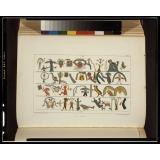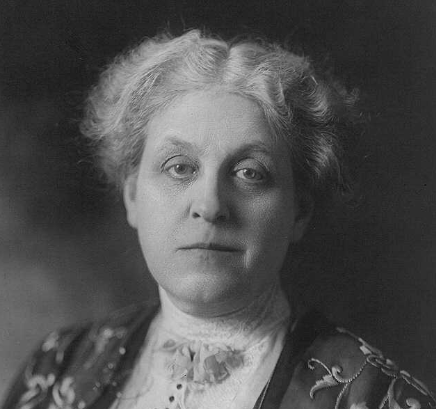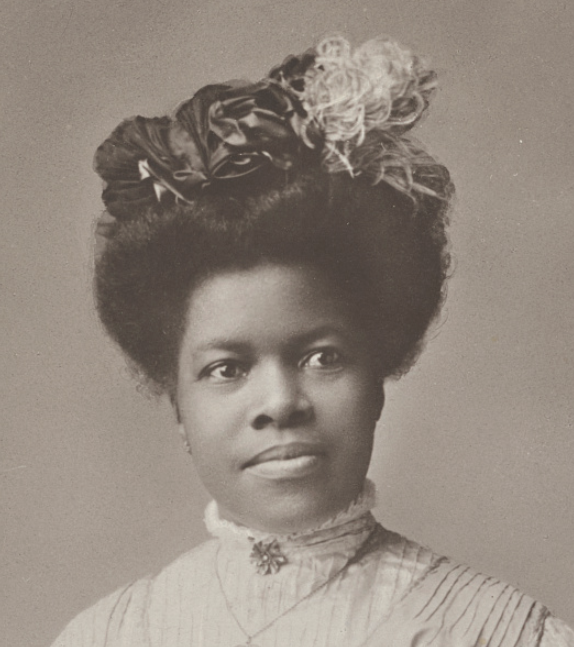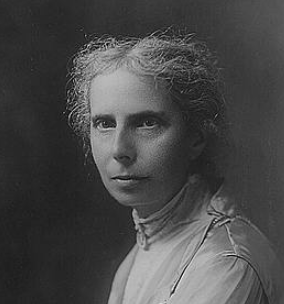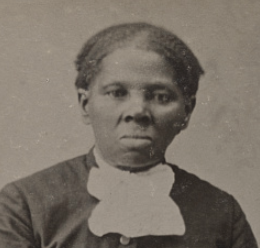This open-source curricular resource was developed by Dan Eshet of Salem State University in partnership with The Organization of American Historians/National Park Service. It includes some sources from the Library, but could also be supplemented with additional LOC.gov resources.
There are six chapters in the curricular resource (see below) along with suggested classroom strategies, a brief timeline, and a glossary.
- Identity: Stereotypes and Choices
- God, Greed, and Violence: Colonialism
- War, Treaties, and Betrayal
- The Legacy of the War of 1812
- Indian Boarding Schools in the Age of Assimilation
- Resilience and Resurgence
I've added this resource to this curated set - Primary Source Learning: Native American Perspectives.
The American Archive of Public Broadcasting (AAPB), a collaboration between the Library of Congress and GBH, has a new online exhibit that might be useful for classroom teachers and projects that use primary sources.
Native Narratives: The Representation of Native Americans in Public Broadcasting explores how Native American peoples and cultures have been represented both in non-Native-produced and Native-created public broadcasting programs in the AAPB collection. Each section features a range of radio and television programs that cover key events or issues important to Native peoples. Additionally, the exhibit explores how mainstream American public media and media produced by Native Americans depict and document Native peoples in ways that either confirm or reject stereotypes.
The exhibit was curated by Sally Smith, a former student assistant in the Peabody Awards Archive at the University of Georgia and a 2019 Library of Congress Junior Fellow in the Recorded Sound Section of the MBRS Division. She is a current MSLS student at the University of North Carolina, Chapel Hill.
Exhibit sections include the following:
- (Mis)representations of Native Americans
- Termination, Relocation, and Restoration
- The American Indian Movement
- Native Americans in Contemporary News Media
- Visual Sovereignty: Native Created Public Media

6 - 8 9 - 12 Social Studies/History American Archive of Public Broadcasting AAPB Media Studies Exhibitions
This interview from the Veterans History Project is suitable for all ages. (No disrespect to veterans but some of the interviews are definitely PG-rated given the topic of war. This interview gets a G-rating from me.)
It's long, given students' attention spans. I would recommend showing 10 or 15 minute clips over a week or so and asking students to reflect after each one.
(In the midst of using this as part of a project on travel during WW II.)
DEFINITELY LISTEN TO THIS AUDIO INTERVIEW BEFORE USING. It's an informative description of what life was like as a soldier in the Iraq war. However, due to both graphic description of his injury and some language, the whole interview would not be appropriate for children younger than high school.
Fortunately, if you want to use parts of it with younger children, there are times in the audio description given for the different topics.
 Brendan Gillis
posted about this free online professional development opportunity from the American Historical Association in the TPS Commons (2024 AHA Online Teacher Institutes in World and US History).
Brendan Gillis
posted about this free online professional development opportunity from the American Historical Association in the TPS Commons (2024 AHA Online Teacher Institutes in World and US History).
This session, to be held on July 24 from 12 PM-5:00 PM ET, "will focus on how teachers at any level can center the perspectives and experiences of Native peoples throughout the entirety of US history. Presentations will weave together insights from recent AHA research about how teachers across the country teach US history, a presentation from featured historian Ned Blackhawk (Western Shoshone) (Yale Univ.), and a roundtable discussion with museum educators and historians from the Library of Congress, National Museum of the American Indian, and Newberry Library, about where to find materials to enrich lessons focused on Native American history."
Testimonials
- I love that there is new info on the site daily!
- I had a wonderful time working with the Library of Congress and learning about all of the resources at my fingertips!
- The TPS Teachers Network has an equal exchange of ideas. You know it's not a place where you're being judged.
- My colleagues post incredibly fine resources and ideas....the caliber of the suggestions and resources make me feel that I take a lot from it. It's a takeaway. And I hope that I can give back as much as I get.
- Going into this school year, I have a fantastic new resource for my own instruction and to share with my colleagues!
- I am very glad that I discovered the TPS Teachers Network through RQI. Great resources can be hard to find out there on the internet!

